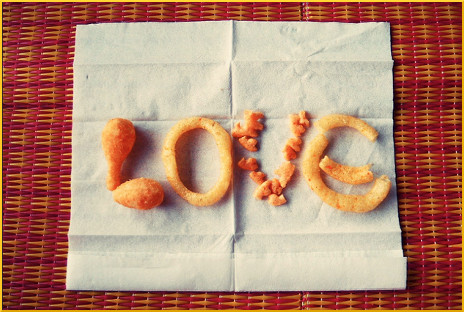In his paper written for the journal Eating Disorders, Dr. Pretlow stated that today’s youth appear to be “victims of boredom, stress, and depression in an addictive, comfort food environment” and added: Accordingly, a perfect storm may be contributing to the childhood obesity epidemic: 1) cheap, widely available, highly pleasurable foods, 2) increased stress in children, and 3) comfort eating, leading to dependence (addiction). Recently, three British researchers (Claire V. Farrow, Emma Haycraft, and Jackie M. Blissett) set out to understand more completely the development of emotional eating in young children. Specifically, they wanted to learn “whether parental use of overly controlling feeding practices at 3–5 years of age predicts a greater subsequent tendency for children to eat under conditions of mild stress at ages 5–
Tag: food addiction
Addiction’s Received Wisdom is Challenged
Lance Dodes, M.D., whose latest book is The Heart of Addiction, seems to have rethought the field from the ground up and arrived at some conclusions that can only be described as heretical. For instance, when a person seeks a rehab facility, scenery should be the last priority. He elucidates: If living for a month with a view of the mountains or the beach treated addiction, there would be no addiction in lovely areas of the country. A previous book, The Sober Truth, was subtitled “Debunking the Bad Science Behind 12-Step Programs and the Rehab Industry.” One problem is that nobody ever seems to do follow-up studies of the clients or patients who have graduated from these programs. In the instances where outcomes are
Tracking the Taxation Movement
In the struggle to reverse the childhood obesity trend, one of the most pervasive tropes about junk food is to “tax it like tobacco.” In 2008, at the National Childhood Obesity Congress, Dr. Pretlow met Steven K. Galson, who was at the time the acting U.S. Surgeon General. They talked about the feasibility of taxing junk food, and the official felt that neither consumers nor food companies would allow it to happen. The anti-tobacco movement had, and has, unavoidable political implications. Nicotine was proven to be habit-forming, and many of the 400-odd ingredients of cigarettes were shown to be carcinogenic. The public learned that the industry had been covering up these guilty truths. Since there are laws around selling addictive drugs, and the intentional
The Sweetener Historian
Regard de Kurt Ehrmann In olden times, crusaders ransacked a continent looking for the Holy Grail, and alchemists competed to rediscover the Philosophers’ Stone that could turn base metals into gold. In more recent centuries, humankind has labored to find a sweetener that can step in and take the place of sugar. All the substance must do is taste as good as sugar. The other requirement is that it have none of sugar’s less desirable intrinsic qualities, such as weight-boosting calories and or a chemical makeup that wreaks havoc on the human body. We just want an acceptable sugar substitute—is that too much to ask? Daniel Engberjan wrote, and the New York Times published, a monumental history of science’s attempt to answer this question.
Trusting what you know- Intuitive eating
Do you practice intuitive eating? Do you trust yourself to know what to eat? To choose a way of eating that works for you? So many women struggle to make sense of all the varying advice out there on the “best” way to eat? Raw, vegan, paleo… It’s crazy-making. If you’re a woman I’m betting to you’ve had questions about what you’re supposed to feed your self. Me too. So I got this question today on my Facebook page from Tess Hunter in California. I love sharing information and my take on various things~ If you’d like feedback, find me on Facebook or email me a question that you’d like me to respond to. Tess said: “Hi,






